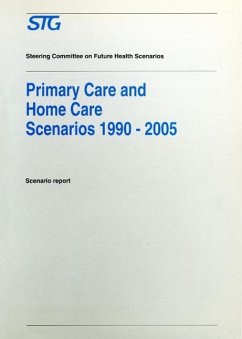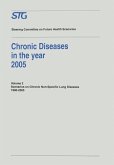CARE AT HOME -HOME CARE Health care in the Netherlands looks to be a well structured system. Supplementing the vital level of self-care and informal care are four levels of professional care: the public health service (known in the Netherlands as basic health care) is mainly concerned with preventive work aimed at the population at large; individuals with problems can contact their general practitioner or other primary care provider, who can -depending on the problem -refer them to specialists in the cure-oriented and hospital-centred secondary sector; where necessary, patients can then be referred on to the institutions of the tertiary sector with their role in mainly long-term care. On paper this pyramidal structure appears to work well; in practice, and in particular where complex forms of care are involved, the boundaries become blurred. Medical advances and social and economic developments may delay death to ever greater ages, but disease is not defeated; and since the risk of developing chronic conditions rises with age, more and more people become incapacitated and those who do remain so for longer. This leads to a growing demand for care and compels us to reconsider patterns of provision. The need for such reconsideration is reinforced by users' changing needs and aspirations, as patients increasingly wish to be nursed and cared for in their own surroundings if at all possible. Technological advances mean that wish can often be accommodated.
Dieser Download kann aus rechtlichen Gründen nur mit Rechnungsadresse in A, B, BG, CY, CZ, D, DK, EW, E, FIN, F, GR, HR, H, IRL, I, LT, L, LR, M, NL, PL, P, R, S, SLO, SK ausgeliefert werden.









